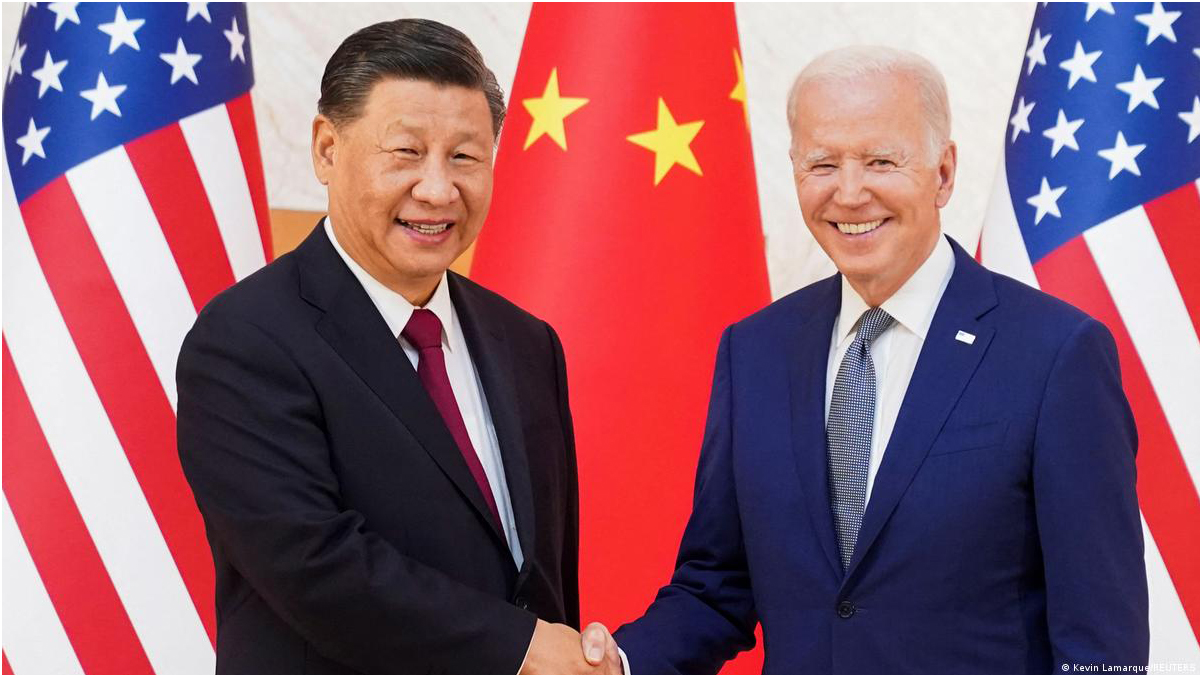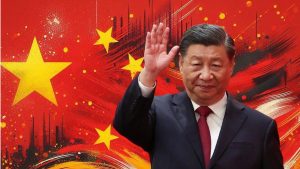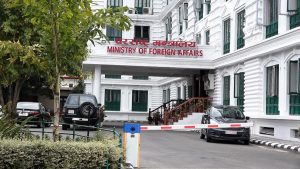
President Biden Comments on China’s Economic Woes and Implications for Taiwan
Hanoi, Vietnam – U.S. President Joe Biden, during a press conference in Hanoi, Vietnam, made significant remarks regarding China’s ongoing economic challenges and their potential impact on the situation in Taiwan. President Biden’s comments followed his participation in the G20 summit in India and were made in the context of his hope for an upcoming meeting with Chinese leader Xi Jinping.
President Biden expressed his desire to meet with President Xi Jinping, highlighting the extensive history of their interactions over the past 12 years. However, he acknowledged that it had been 10 months since their last meeting and explained that President Xi has been preoccupied with pressing domestic issues, notably youth unemployment and economic difficulties.
While emphasizing the continued communication between their respective teams, President Biden clarified that there was no immediate crisis necessitating a personal meeting. He mentioned that his staff had met with President Xi’s officials during his visit to India, demonstrating ongoing diplomatic engagement.
Addressing China’s current economic challenges, President Biden indicated that the economic situation might reduce China’s inclination or capacity to pursue any aggressive actions, such as an invasion of Taiwan.
“I don’t think it’s going to cause China to invade Taiwan. And [as a] matter of fact, the opposite—it probably doesn’t have the same capacity that it had before,” President Biden remarked, suggesting that the economic woes may discourage aggressive moves.
President Biden emphasized that the United States has no intentions of harming its relationship with China but made it clear that certain restrictions, such as limiting the sale of materials that could enhance China’s nuclear weapon capabilities, could be implemented to safeguard U.S. interests.
China currently faces economic challenges that threaten to undermine its annual growth targets, including a property slump, weak consumer spending, and declining credit growth. Recent data also revealed a significant drop in exports and slower-than-expected import contraction, reflecting the complexities of China’s economic predicament.
The discussion on China’s economic situation is taking place against the backdrop of escalating tensions between the Chinese Communist Party (CCP) and Taiwan. The CCP views Taiwan as a renegade province to be reunified with the mainland, even though Taiwan operates as a self-governing democracy.
Incursions into Taiwan’s airspace and territorial waters by Chinese military assets have become frequent, causing concerns over regional stability. Taiwan’s military has been actively monitoring and responding to these provocations.
American journalist and author Gordon Chang has voiced concerns that China’s domestic problems might prompt President Xi Jinping to consider an invasion of Taiwan as a diversionary tactic. Chang pointed to issues such as debt defaults, falling property prices, a struggling economy, food shortages, and environmental degradation as factors that might encourage such a move.
Taiwanese Foreign Minister Joseph Wu has also suggested that 2027 could be a critical year to watch, as President Xi Jinping might see an aggressive stance against Taiwan as a way to bolster his legacy in his fourth term.
The situation remains fluid, and international observers continue to monitor developments in the region closely. President Biden’s comments underscore the complex interplay between economic challenges and geopolitical dynamics in East Asia.













Comments